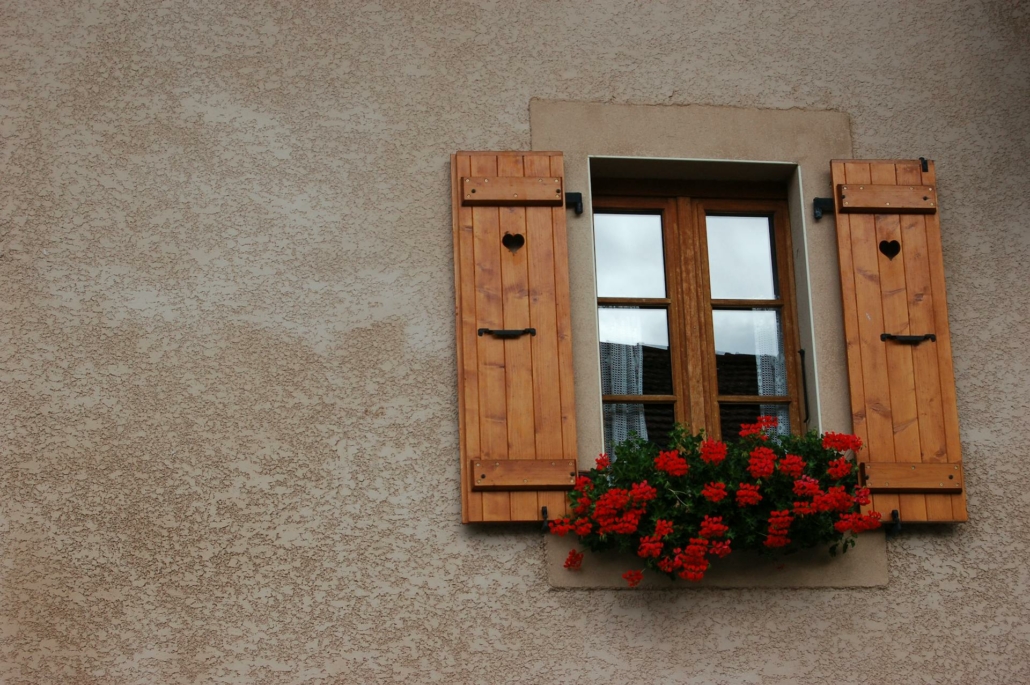In earlier times, a window was simply an opening in the wall, designed to allow air and light into a room, let odours escape, and provide a view of the surroundings; or an early warning if an enemy approached.
The Bible references windows on numerous occasions. The first mention appears in the instructions for building Noah’s ark (Gen 6:16).
Ezekiel describes the temple and its windows in detail, and in the Book of Kings, we learn how many windows Solomon included in the temple he built to honour God.
The prophet Jeremiah vividly personifies death, saying, “…death has climbed through our windows and entered our palaces” (Jer 9:21).
In Daniel’s house, the windows faced towards Jerusalem, where he would kneel three times a day to pray and give thanks to God.
In the Acts of the Apostles, we read about a young man named Eutychus, who was sitting on a windowsill as St Paul preached. He fell asleep, tumbled out, and died from the fall; only for St Paul to bring him back to life.
The final reference is found in the Second Letter to the Corinthians, recounting how St Paul escaped from Damascus by being lowered in a basket through a window, evading the guards.
In biblical language, clouds are metaphorically described as “windows of heaven,” through which the Lord pours out his blessings.
Like these biblical figures, we too use windows for a variety of purposes: to welcome fresh air, to show hospitality and readiness to assist others, to protect ourselves from rain and cold, or even to pass something to someone in a basket, sparing the stairs.
How you choose to use your window is entirely up to you!
Tanja Cilia
Friend of the SDC


